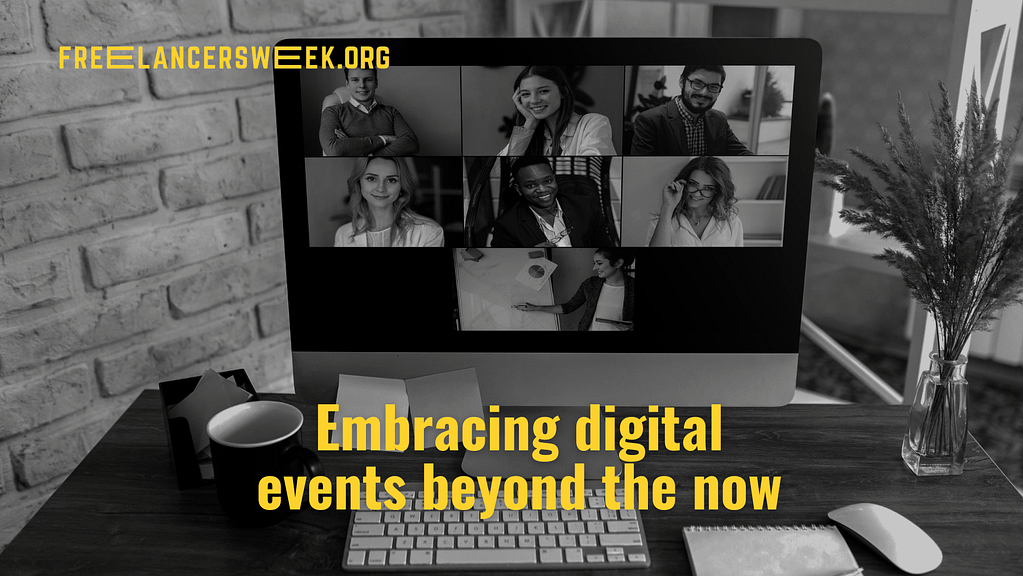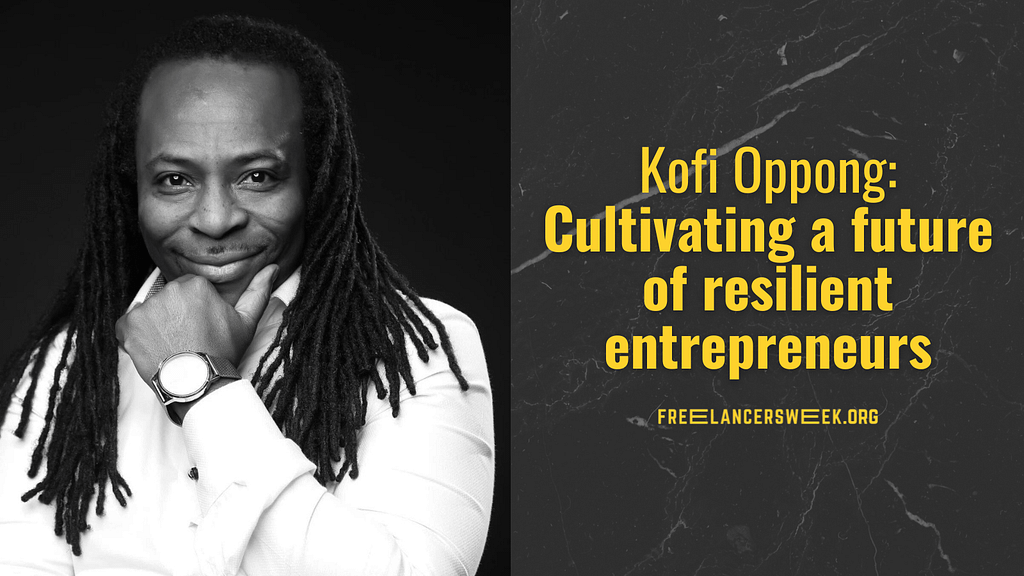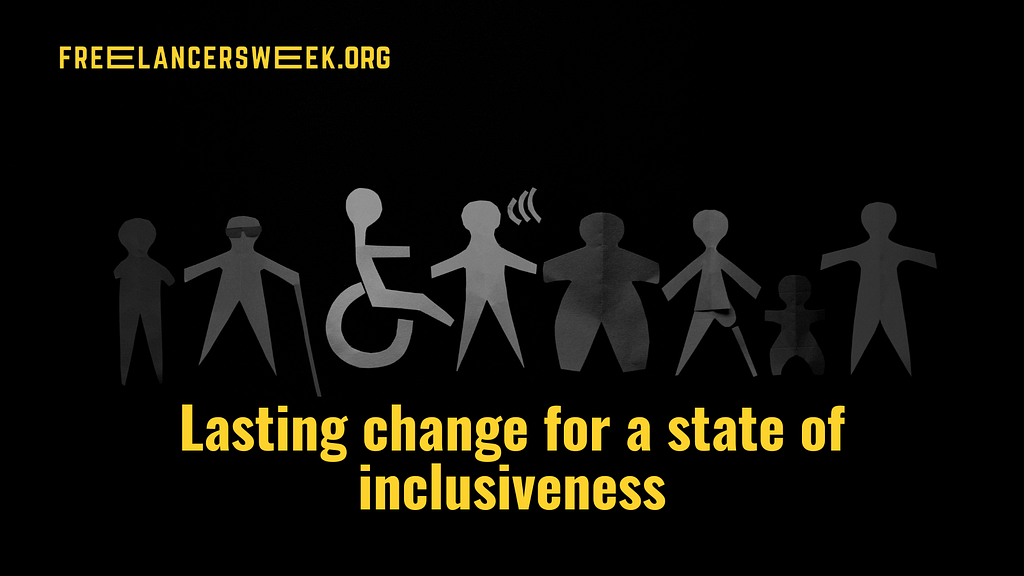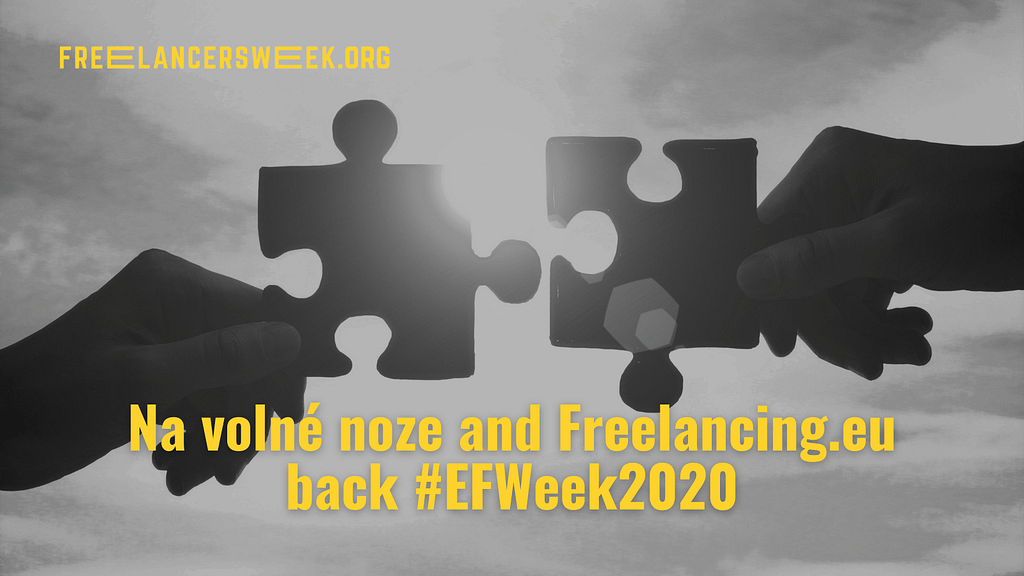Bavo Verstraeten is the owner of Opdrachten.be, a freelancer-run platform. The portal’s goal is to make it easier for businesses and freelancers to connect. Freelancers get new business while clients save time by using a single, convenient platform to easily locate a freelancer. Aside from that he is a freelance PR Executive and freelance copywriter.
In your years involved in freelancing, what are some of the challenges that you’ve had to face and have you overcome them?
I started freelancing 12 years ago, and it was in the middle of the economic crisis. Things were not going well, especially in the communication industry. Because I started in the middle of this crisis in the communication industry with low rates, it could only get better for me afterwards.
But, of course, there are a lot of challenges you do face as a freelancer. The biggest challenges that I’ve faced in my freelance career is the fact that there is a lack of somebody who you can talk to.
When you’re working for a company, there are certain rules you need to follow. Sometimes you have a colleague whom you get along with. To build relationships in the field as a freelancer is more difficult because sometimes you are working on shorter projects where you don’t develop this personal relationship with people.
Tell us a bit more about your platform and how freelancers and recruiters can benefit from it.
Opdrachten is an online platform. What’s important for us is to have a human touch to our technical platform. Our philosophy is that we want to create a human-added value for both freelancers and clients.
How does that work? Freelancers can make an account on our website, then companies post their job opportunities on our platform. If companies decide to make use of the platform to source freelancers directly, then they can create their profile for free. If it’s recruitment agencies, they have to make use of one of our paid options. Then the freelancers can actually react and respond to these job opportunities.
For freelancers, we have certain parts of our services which are free, especially for partner jobs, which they can access at no cost. As soon as they make an account and want to take part in certain assignments, then they have to pay a small fee and they can get full access to all assignments. That is our business model.
What tips and motivations can you share with aspiring creatives?
It is interesting to note that people with a creative mindset often hate prospecting. They are very good at what they do, but they are not good at selling. The advice that I give to freelancers in general, but specifically for creative ones, is that you should prospect –even though you don’t like it. You should never stop prospecting for new clients, even when you think that you have enough clientele.
You can do this in a passive way if you want. You can showcase your work, for example, on LinkedIn or Facebook. Here you can showcase the work that you have been doing for clients so that others can see what you are capable of. This gives you the perfect prospecting solution without the fear of approaching new clients.
You should still do something to show yourself as an expert in your field. It’s very important to keep on showcasing yourself, even if you think you’ve got enough business, because tomorrow something could happen, and they all walk out of the door.
The second thing, that’s also something specific to creatives from my own experience, is that you should surround yourself with other freelancers. You should create your own large network for people to get to know you and who you are. You should also create a micro network of people you can potentially become friends with, whom you really work well with and refer business to and in turn get business from.
How has the freelance industry evolved, in your opinion, since the pandemic hit?
Since the pandemic, I have noticed that, apart from the economic damage, there is a change of mindset in the way that companies are recruiting their coworkers. And, I see that companies learnt valuable lessons from this pandemic.
Why? Because getting an employee costs a lot of money. And, even though there was support from governments, there are a lot of companies that had to fire their employees as well. What I do see is that companies are now more careful to just give fixed contracts to an employee. They came to see there is this brilliant alternative for the same position. Companies are now considering freelance work as an alternative.
On the flip side, something I’ve heard in my network is that many self-employed people have decided to stop freelancing because of the logical reason that they don’t want to live in uncertainty any more. When they are employees, they have a certain guarantee that they can bridge the gap, even if the underlying possibility is that they can get fired or retrenched if there’s a new pandemic coming.
So, that means when you take these two trends, it means that the demand-offer balance is changing again.
Looking into the future, how do you think the freelance industry will evolve?
The way companies treat their coworkers, both employees and freelancers, has changed a lot since the pandemic. For example, remote work is completely integrated now. But the amount of freelancers cannot keep up with the demand for freelancers. Traditional recruiting companies, for example, have started looking for freelancers as well.
Many traditional recruitment companies think that they have to hire a freelancer the same way as a permanent employee. That’s not the case. The question is not if there should be a contract, because that’s something that is expected. Of course, you cannot give an employment contract to a freelancer. But it’s more on the level of mindsets… It is the way you negotiate prices, which is completely different as with traditional employees. I often see job posts from companies and I sometimes wonder if they are looking for a freelancer or an employee. The reason I say this is because they use the same job posting for an employee, and they just change the word ‘employee’ to ‘freelancer’.
This should not be the case, because they should put themselves in the shoes of a freelancer and consider how a freelancer is going to react to this job post, because they have completely different characteristics. Freedom is an important factor. The word ‘free’ in freelancing is important to freelancers. This is a mindset that is not completely integrated in a lot of companies.
How should companies treat freelancers? They should definitely not treat a freelancer as an employee, but also not as a supplier. We are talking about human beings. There should be a different way of dealing with freelancers. So you have employees, creatives, and suppliers, and these are three different things. This is something that I’ve seen in the recruitment industry now.





